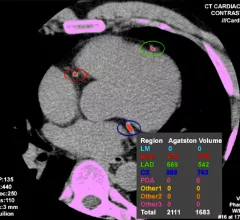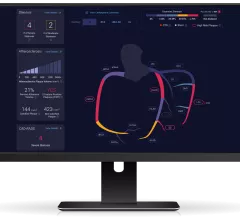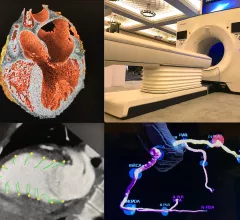Society of Cardiovascular Computed Tomography (SCCT)
The Society of Cardiovascular Computed Tomography (SCCT) focuses on the advancement and expansion of cardiac CT. The society serves a membership split about evenly between radiologists and cardiologists. SCCT hosts educational events, advocates for CCTA for reimbursement and helps set guidelines for cardiac imaging. The news, videos and content on this page are created by our Innovate Healthcare editorial team and focus on the clinical, operational and financial aspects of cardiac CT.
Displaying 49 - 56 of 84

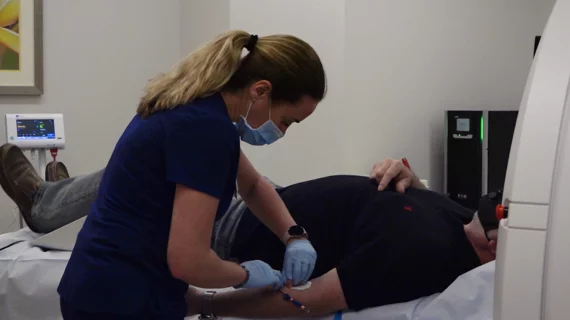
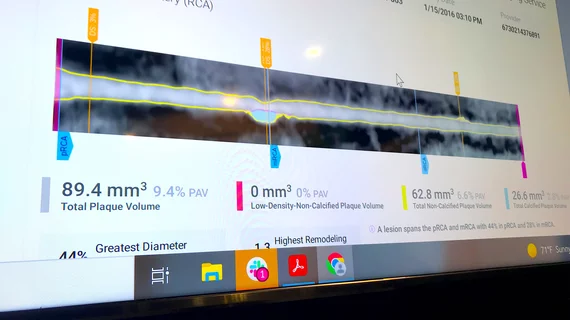
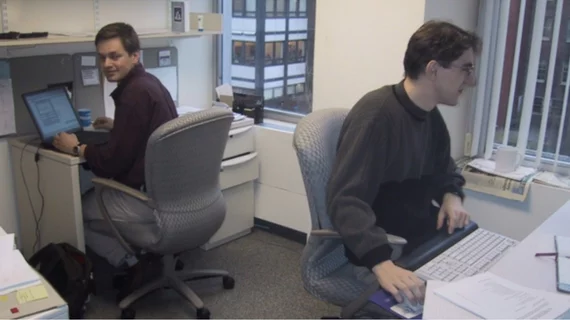
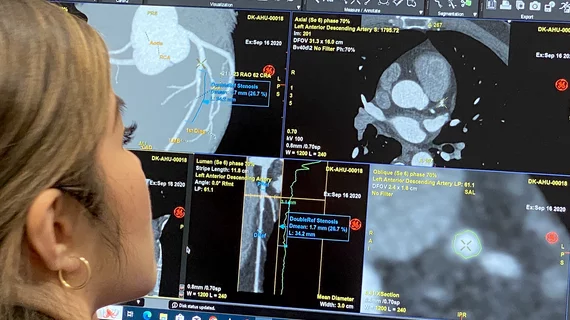
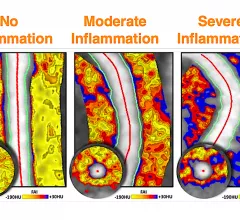
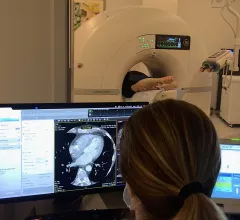
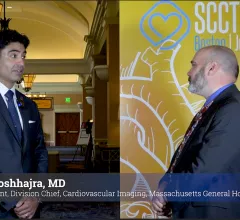
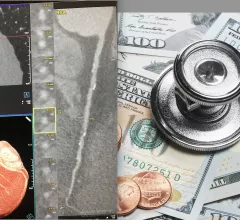
![Ron Blankstein, MD, MSCCT, associate director, cardiovascular imaging program, director, cardiac computed tomography, Brigham and Women's Hospital, and professor of medicine, Harvard Medical School, was a co-author on the ACC 2021 Chest Pain Guidelines,[1] which now lists coronary computed tomography angiography (CCTA or CTA) as a 1A level recommendation for front line imaging. He gave an overview of the guidelines during the 2022 Society of Cardiovascular CT (SCCT) meeting in July. #SCCT2022](/sites/default/files/styles/240x220/public/2022-07/rob_blankstein_video_interview_slide.jpg.webp?itok=o_z0Rfln)
